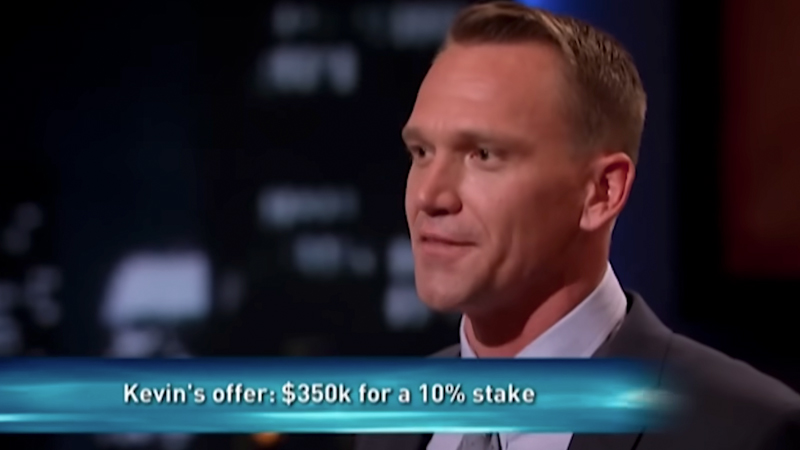
Germany is facing a debt time bomb, but the current ruling government has no appetite for serious budget cuts.
German Finance Minister Christian Lindner is warning his own government that state finances are quickly growing out of hand, and the government needs to change course and implement austerity measures. However, the dispute over spending is only expected to escalate, with budget shortfalls causing open clashes among the three-way left-liberal coalition running the country.
With negotiations kicking off for the 2025 budget, much is at stake. However, the picture has been complicated after the country’s top court ruled that the government could not shift €60 billion in money earmarked for the coronavirus crisis to other areas of the budget, with the court noting that the move was unconstitutional.
Since then, the government has been in crisis mode, and sought to cut the budget in a number of areas, including against the country’s farmers. Those cuts already sparked mass protests, showcasing how delicate the situation remains for the government.
Lindner, whose party has taken a beating in the polls, is desperate to create some distance from his coalition partners and save his party from electoral disaster. The finance minster says the financial picture facing Germany is dire, and that the budget shortfall will only grow in the coming years if measures are not taken to rein in spending.
“In an unfavorable scenario, the increasing financing deficits lead to an increase in debt in relation to economic output to around 345 percent in the long term,” reads the Sustainability Report released by his office. “In a favorable scenario, the rate will rise to around 140 percent of gross domestic product by 2070.”
Under EU law, Germany has limited its debt levels to 60 percent of economic output, which requires dramatic savings. A huge factor is Germany’s rapidly aging population, with a debt explosion on the horizon as more and more citizens head into retirement while tax revenues shrink and the social welfare system grows — in part due to the country’s exploding immigrant population.
Lindner’s partners, the Greens and Social Democrats (SPD), are loath to cut spending further, as this will harm their electoral chances. In fact, Labor Minister Hubertus Heil is pushing for a new pension package that will add billions to the country’s debt, which remarkably, Lindner also supports.
The SPD is calling for the removal of the country’s debt brake to fund large investment projects, however, the FDP ran on a campaign of keeping the brake in place. It can only be removed if the coalition government votes accordingly, and the FDP is adamant it will not vote to remove the brake.
“It must be clear: you cannot buy growth with new debt,” FDP parliamentary group leader Christian Dürr told Swiss newspaper NZZ. “Instead, we have to initiate structural reforms to address the economic policy failures of the Union-led federal governments.”
The FDP wants to cut taxes and reduce regulations, a move sharply rejected by the Greens and SPD.
“The budget discussions will be much more strenuous compared to 2024 – perhaps even the most difficult that I have experienced so far in my time as a parliamentarian,” said SPD leader Lars Klingbeil.
WWIII ALERT: Learn How France Plans To Start Nuclear War With Russia




